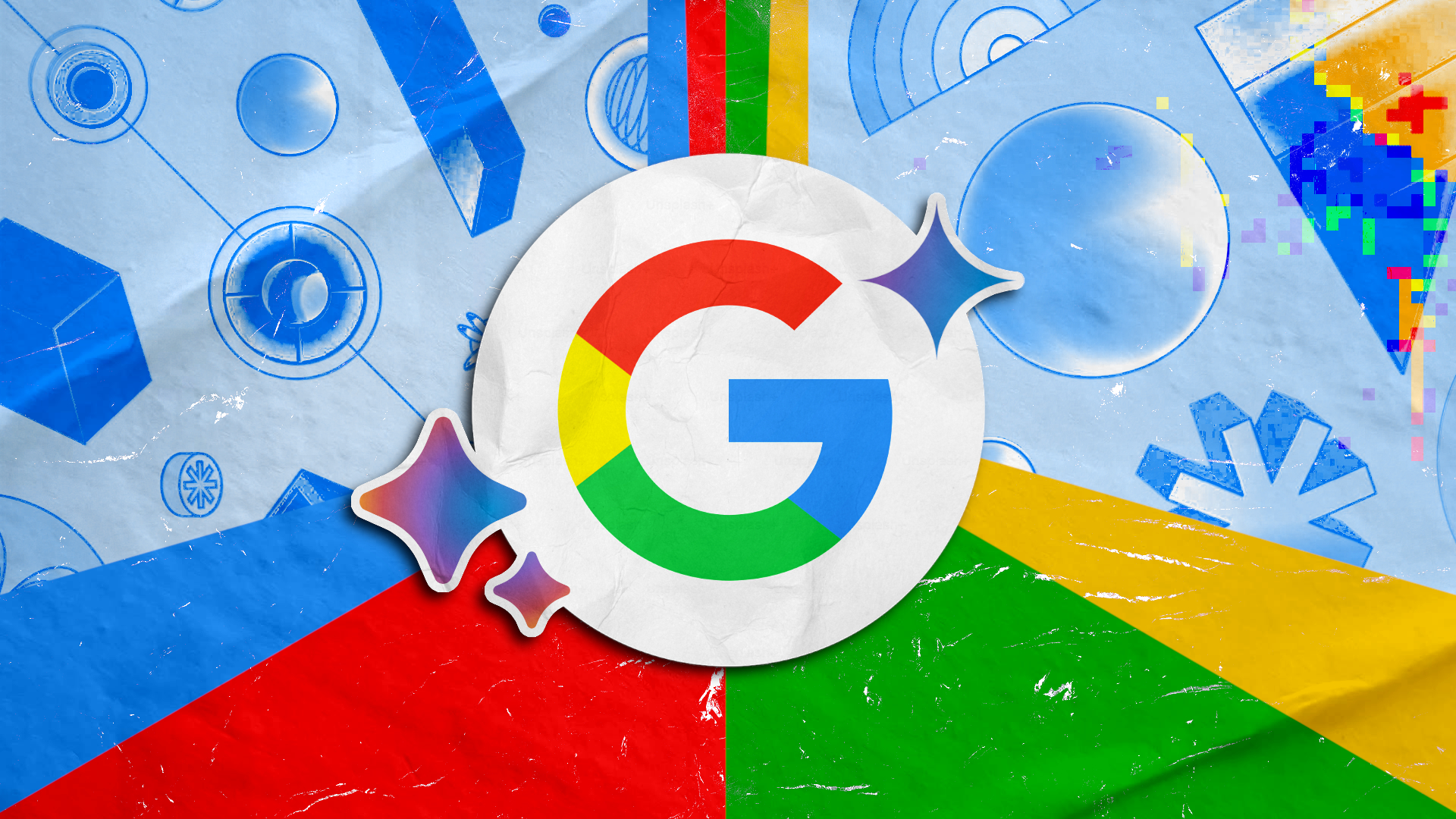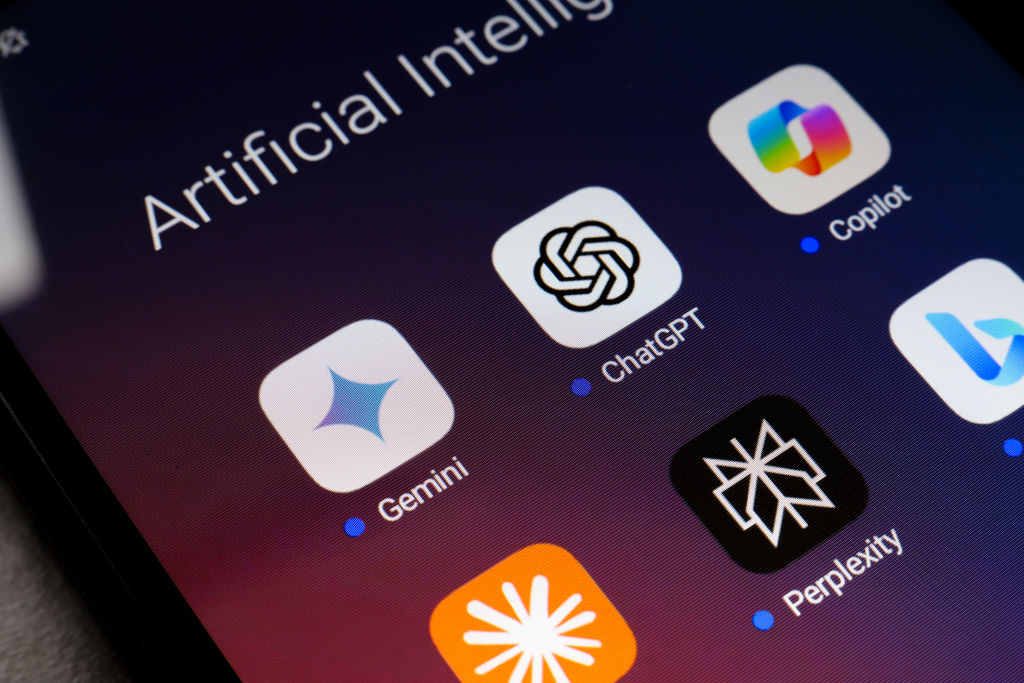
On February 8, 2024, as the sun rose over Google's headquarters in Mountain View, California, it was sundown for the company's flagship AI, Google Bard.
Google announced it was bidding farewell to Bard, which would be reborn as an all-new Gemini AI.
Looking back, the writing was on the wall from the beginning. A year before the rebrand, shares plummeted after a significant (and very public) fumble during an early Bard demo shared to X showcased Google's AI incorrectly identifying photos taken by the European Southern Observatory’s Very Large Telescope.
A week on from Bard's March 21, 2023 launch, Fortune released a report highlighting the results of an experiment that asked Bard basic questions one would find on the Scholastic Aptitude Test (SAT), a basic exam taken by nearly every high school student in America. Bard would have failed the SAT, getting between 50% and 75% of the questions wrong.
Incorrect responses aren't just a problem for tackling homework questions. The Center for Countering Digital Hate released a report in April 2023 claiming that Bard generated "false and harmful narratives on 78 out of 100 topics," which included themes like sexism, racism, Covid-19, and conspiracy theories.
Making matters worse, that same month, Bloomberg released a report exposing serious safety shortcomings with Bard. However, this would ultimately be far more damning than simply questioning Bard's smarts. In the report, Google's employees claimed that Bard was "a pathological liar" and answered certain questions with advice that "would likely result in serious injury or death."
The Gemini rebrand gave Google's struggling AI a second wind, but did the AI itself improve, or was this little more than a marketing sugar pill to help distance Google from Bard's previous mishaps? In many ways, Gemini substantially improved on what Bard had to offer. In others, this was a case of "same face, different name."
Google Bard: A case study in the risks of ignoring AI's risks
According to the Bloomberg report, Bard's safety issues resulted from Google's rushed development to catch up to OpenAI's ChatGPT. However, after a year of building on Bard to win users over, it was clear that there was more to solve than the chatbot's reputation.
Giving Google Bard a "glow-up" was a step in the right direction. At the time, Google AI was a selection of seemingly unrelated services. The Gemini branding not only allowed Bard to turn over a new leaf, but it also gave Google the opportunity to bring several other tools, like Duet AI for Google Workspace, under the Gemini umbrella.
The rebranding simplified much of the Google AI ecosystem, with the name Gemini chosen to match the new multimodal Large Language Model (LLM) chosen to power many of Google's services. The Gemini LLMs were more advanced than Bard's original model, with Google claiming that its Ultra, Pro, Flash, and Nano models could run on everything from data centers to mobile devices.
By February 2024, the time was ripe to let go of Bard and let Gemini take its place. However, that's not to say the transition went smoothly.
A new dedicated Gemini AI assistant app for Android and Gemini Advanced subscription service (priced at $19.99/month) launched alongside the rebrand. Gemini Advanced became a new tier of the Google One subscription service, which includes benefits like 2TB of Google Drive storage, access to the more powerful Gemini Advanced model (similar to OpenAI's subscription to access higher-reasoning GPT-4 and o1 models), Gemini access for Google apps, and priority access to new features.
By February 2024, the time was ripe to let go of Bard and let Gemini take its place. However, that's not to say the transition went smoothly.
Even before the rebrand was announced, Google faced trouble when users realized its initial Gemini demo in December 2023 was staged and not recorded in real-time — likely to avoid repeating Bard's Very Large Telescope blunder.
Gemini has also suffered from many of the same issues Bard faced, like offensive generated images (which saw the image generation capabilities of Gemini removed for some time) and a slew of problematic search results from Google's AI Overview feature, which runs on Gemini. Still, the general sentiment online after the rebrand was mostly positive or neutral.

Google Gemini rose from the messy ashes of Bard... or did it?
Considering the backlash faced by Bard, it's no wonder Google wanted to start fresh. Unfortunately, transformation is easier said than done, a truth Google experienced firsthand in 2024
It's hard not to see the Gemini rebranding as a success. Following some initial controversies, image generation returned to the chatbot in October 2024 (albeit with stricter guardrails), and, in a sustained show of confidence, Google Assistant is slowly being phased out to make Gemini the new blanket assistant for Android devices.
Competition in the consumer AI market went up a notch in June 2024 when Apple announced Apple Intelligence, which included a collaboration with Gemini's rival, OpenAI's ChatGPT.
Still, Google launched a dedicated Gemini app on iOS in November, which has received thousands of positive reviews.
The road ahead for Google Gemini remains unclear, just like the larger AI race. Gemini may be Google's shining star, but if it hopes to beat the competition, it needs substance over sparkle.

If you're anything from an AI enthusiast to the average AI tinkerer (or simply seeking out some of the additional features offered through Windows Copilot+ PCs or Apple Intelligence on Macs), then you'll need a powerful and performative laptop to keep up to speed with your needs.
At Laptop Mag, we review laptops year-round to ensure we're giving you expert-backed and up-to-date recommendations on which notebook is right for you. When it comes to the best AI PC category, our top picks are the excellent Asus Zenbook S 14 (UX5406) for Windows users and the impressive Apple Macbook Air M3 for those running macOS.
So, if you're shopping for a new laptop and looking to invest in an AI PC (or just a great laptop in general), check out our current top-tier picks below.

We love the MacBook Air 13 M3. Starting at just $1,099 (MSRP), with education pricing dropping to $999 (MSRP), the Air is a laptop we can recommend for just about any purpose. It's affordable, especially by Apple standards, and it features an excellent keyboard, fantastic performance, and outstanding endurance (over 15 hours of battery life), which makes it a great laptop for just about anyone's needs, especially those interested in getting to grips with all of the latest Apple Intelligence features.

The Asus Zenbook S 14 (UX5406) has quickly become our favorite AI PC laptop of the year, offering all the hallmarks of a great buy, including exceptional performance and battery life. This laptop is one of the first to feature an Intel Core Ultra 200V series processor and at just $1,499 (MSRP), you get a fantastic balance of power, a stunning 14-inch OLED display, effortless multitasking, NPU-enhanced performance for AI tasks, and all of the additional Copilot+ features available with Windows 11.







